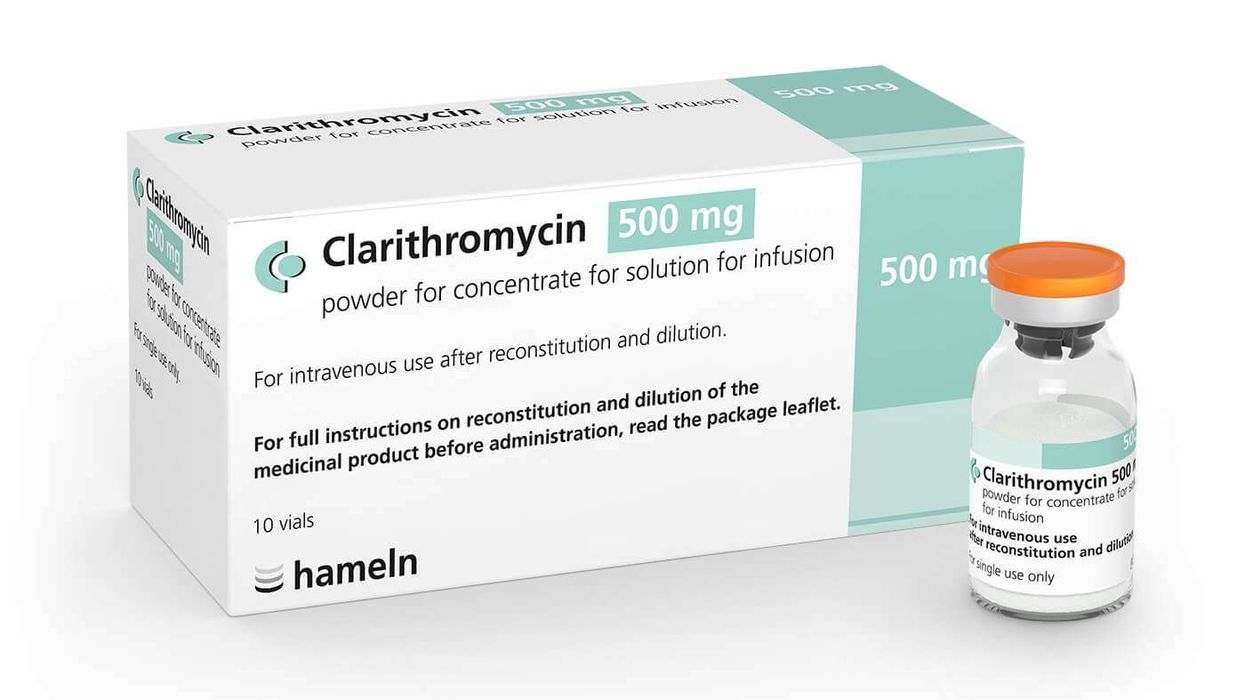Novo Nordisk has announced that new data showing the cardiovascular protective benefits of Wegovy and Ozempic will be presented at the European Society of Cardiology (ESC) Congress 2025 between August 29 and September 1 in Madrid, Spain.
New data will also include perspectives on the role of inflammation in a condition called atherosclerotic cardiovascular disease (ASCVD).
“For people living with diabetes and obesity, heart disease is one of the biggest threats that could change a person’s life in an instant. Semaglutide is proven to reduce the risk of cardiovascular events by 20-26 percent, meaning fewer hospitalisations, heart attacks, stroke and deaths,” said Ludovic Helfgott, executive vice president and head of Product & Portfolio Strategy at Novo Nordisk.
The key role of cardiovascular inflammation in ASCVD will be discussed in a Novo Nordisk symposium on August 30.
ASCVD is a condition where blood vessels that carry blood to your heart cut off the blood flow to other parts of your body, making those vessels stiff and narrow.
In addition, a range of real-world evidence is being presented, providing a thorough analysis of the impact of inflammation in cardiovascular disease on mortality and major cardiovascular events in people with ASCVD. Real-world evidence is data from everyday healthcare settings that show how treatments work in real life, beyond controlled clinical trials.
“At the ESC congress, we are presenting new data substantiating the unique range of benefits semaglutide has on people with heart and kidney disease, as demonstrated in both clinical trials and in the real world,” Helfgott said.
“Semaglutide is unrivalled in the GLP-1 class with its proven reduction in heart attack, stroke, kidney complications and cardiovascular death,” he added.
Semaglutide is a glucagon-like peptide 1 receptor agonist (GLP-1 RA) that mimics the effects of the naturally occurring hormone GLP-1.
It has been tested in several robust clinical development programmes and outcomes studies in cardiometabolic diseases, including type 2 diabetes, obesity, cardiovascular disease, heart failure, chronic kidney disease, liver disease and other related cardiometabolic diseases.












